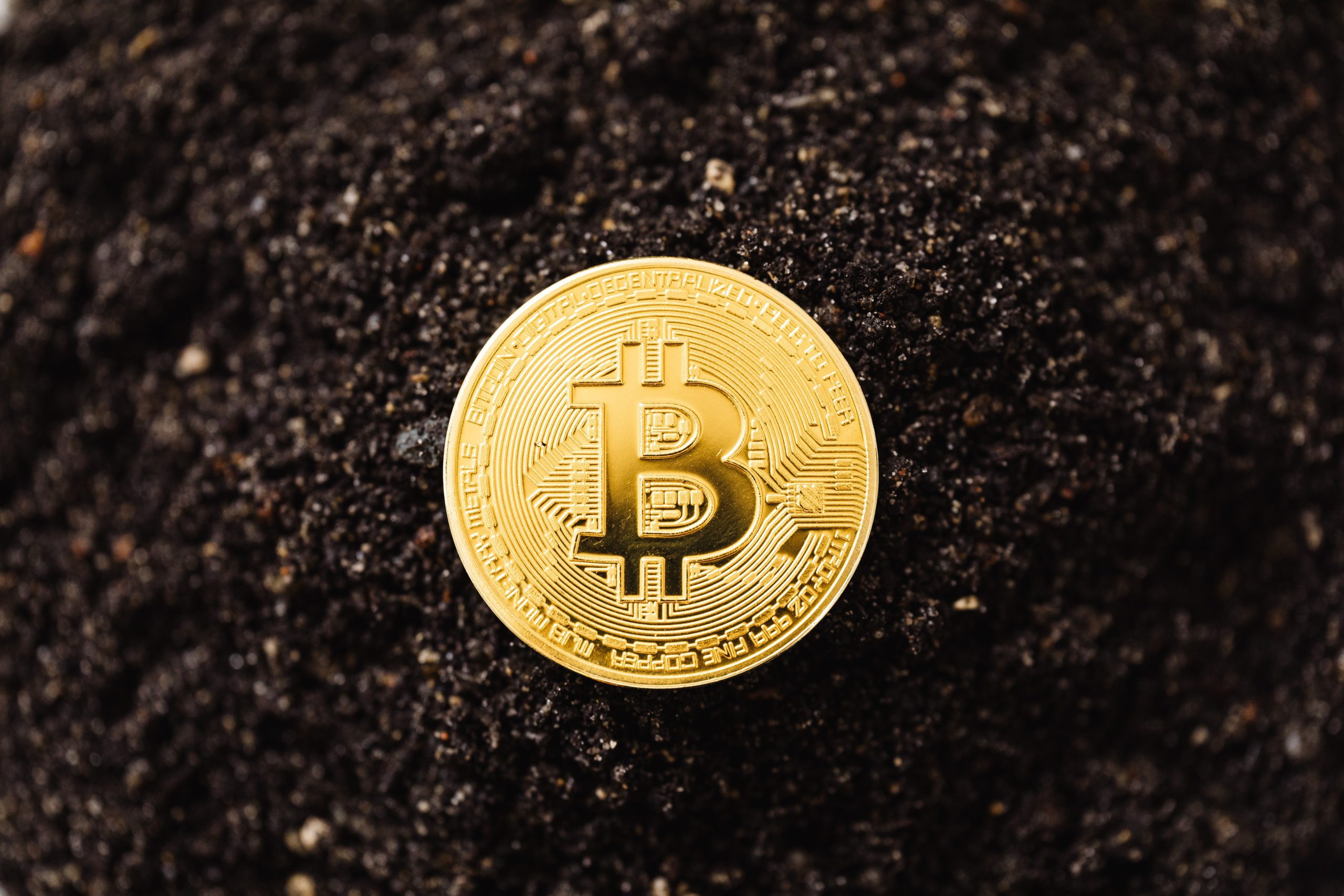We recommend the best products through our internal review process and may receive compensation if you visit partners we recommend according to our advertising disclaimer.
Blockchain is a system that stores information safely, reducing the risk of hacking, cheating, or any change in the system data. Blockchain, a type of distributed ledger technology (DLT), is a decentralized means of simultaneously accessing, validating, and updating data across multiple locations and can be duplicated across the blockchain computer system networks.
Any network built on top of this technology uses a block structure to create a new block for every transaction or data exchange. Each data block will have a cryptographic signature that is not susceptible to change, known as a hash. Every time you change to a data block, all the hashes related to it will change. Changes are reflected on the peer-to-peer network connected to your blockchain. If anyone makes changes to a data block, its hash will change, and a record of those changes will be distributed to every connected device. It won’t take much time to recognize unauthorized access, or data tampering will be recognized quickly. The only way to hack a blockchain is to change every block of information on every connected device, virtually impossible.

All in all, blockchain is a revolutionary technology owing to its benefits in reducing risks, stamping out frauds, and bringing transparency for myriad uses. And the best part is that the tech is not limited to cryptocurrencies but is usable for developing many high-security systems and applications.
Here are a few examples.
1. Anti-Corruption Voting System
Blockchain is a technology that potentially can change voting processes worldwide, including in the United States. Its integration in the voting system could create a system where every user can vote directly from their respective accounts. Voters will no longer need to travel to their designated polling place or depend on the electronic voting machines (EVM) that received so much condemnation in the most recent U.S. elections. The system will use an algorithm to count the votes and present those results in a public forum.
Blockchain and crypto expert Guy Gotslak of My Digital Money says that applying blockchain in oppressed areas could reduce unethical practices in elections. During one of his appearances on The Crypto Show, he stated that some political forces attempt to influence voting to get the result they want. He further said that voting by blockchain could eliminate that, leaving you with an accurate account of the election results.
There will be some challenges in implementing a blockchain voting system that need to be addressed, especially in the initial phases. For instance, you will need a database of voters and find a way to identify the person accessing the voting system. However, with technological growth, especially in biometrics, developing an accurate identification mechanism is possible.
Once these difficulties are overcome, the blockchain voting system could revolutionize voting. It could bring reliability, transparency, accuracy, speed, and many other benefits. Because voting will be more accessible civic engagement should increase, leading to a government truly representing the voting public.
2. Decentralized Network
Most of the online applications, including the popular ones like Facebook and Instagram, have a parent company controlling them. They respect privacy and do not interfere with your data, but they do have the power to do it. The same holds for your financial and data storage applications. Everything you put in is on the parent company’s server, where they can use it to their advantage, and it may be vulnerable to security risks. The cases of identity theft and data leaks are proof of it.
Because there is no centralized data storage, unauthorized access and hacking are virtually impossible on a blockchain-based network. It uses cipher with non-alterable blocks and advanced security algorithms to prevent unauthorized access. Moreover, most of them don’t have a parent company or firm exerting control.
The network can help store a large variety of data, including cryptocurrencies, documents, contracts, and other digital assets holding value. And all of that while providing you with complete autonomy and control. No one without your private key will be able to access any of your data.
This feature of blockchain can be helpful in a plethora of scenarios. For instance, fraud can occur through any type of forged documents and hacking. You can keep your sensitive information like birth certificates and birth dates on the decentralized blockchain ledger to keep it safe, drastically decreasing identity theft.
The financial industry is already using blockchain technologies. Currencies like Maker Dao, Tether, Cardano, and others use blockchain. In fact, due to its security and speed, many banks have also started integrating blockchains into their system. Banks currently using the technology include JPMorgan, Citi, Wells Fargo, US Bancorp, PNC, Fifth-Third Bank, and Signature Bank.
3. Carbon Emission
The current information on carbon emissions can easily be tampered with and used to spread misinformation. Blockchain provides a safe space for storing any industry’s or business’s information. Information on carbon emission is one type that could be stored using blockchain. Blockchain technology makes it possible to record information about carbon emissions accurately. Using blockchain to record carbon emissions will directly store the information as a data block in a blockchain. Once stored, the data is accessible by everyone and can even be made public. However, no one will be able to edit or delete it. This model will bring transparency in carbon emission monitoring, which can help devise better strategies and reduce it.

4. Sports App
Sports is another aspect that can benefit from the use of blockchains. You can use the blockchain to form a network consisting of sponsors, coaches, players, and everyone related to sports. When needed, they can use the network to share data, conduct deals, and even financial transactions. One good example of blockchains in sports is the DreamTeam application (https://token.dreamteam.gg/).
DreamTeam is a platform that has adopted blockchain technology and smart contracts that allows e-sport players to receive their compensations in terms of tokens. With the help of the Dream Team blockchain, the players can monetize almost every aspect of their game. Dream Team Blockchain provides a secured payment gateway.
There are endless ways that blockchain can change our lives for the better. Because of its massive secure storage capabilities, blockchain can help us deal with major global threats by providing a non-tamperable storage place for all data on issues like carbon emissions. Blockchain decentralizes information and makes it accessible to more people. The inability to tamper or edit blockchain makes it the perfect system to address concerns about fraudulent voting. The possible blockchain applications are limited only by our imagination and willingness to adapt and adopt change.
If you want to learn more about cryptocurrencies, download the 2021 Cryptocurrency Investment For Free: https://bit.ly/3yzMetg
Follow us on Twitter: https://www.twitter.com/

